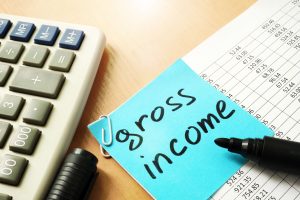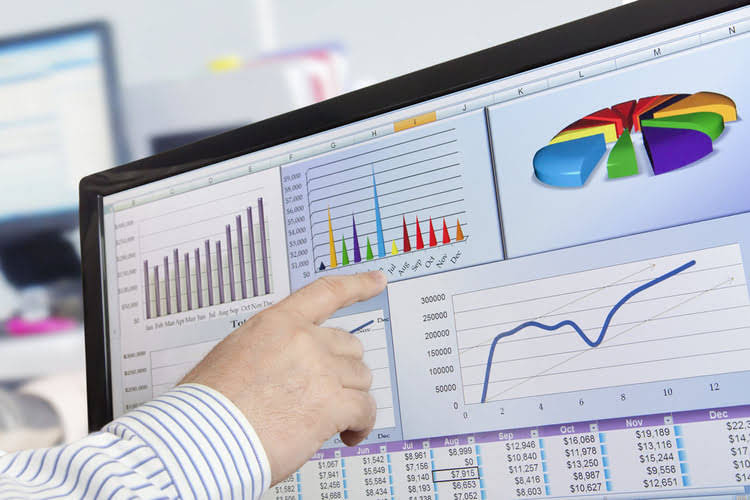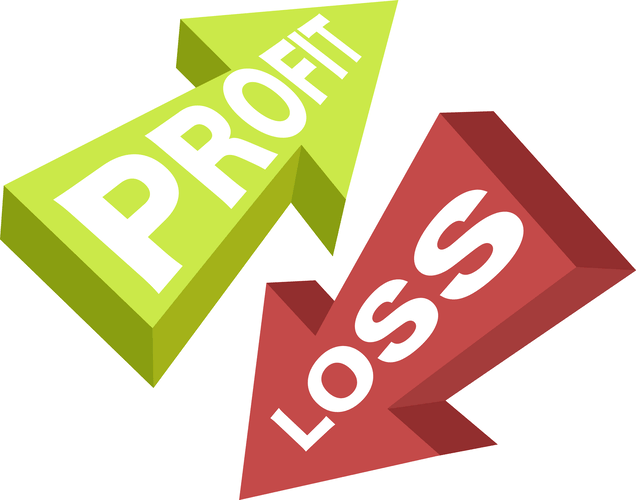
For example, a discrepancy could be due to a check that hasn’t cleared yet or a deposit that was made after the end of the statement period. Once all outstanding items have been reconciled, you should have a matched balance between your bookkeeping records and bank statement. Once imported into your system, you can categorise these transactions into income or expense categories relevant to your business. This process helps ensure that all financial data is accurately recorded and reported. Expenses incurred during running your business need to be recorded too so that you can monitor them effectively. This includes receipts or invoices for rent payments, supplies purchased such as stationery or office equipment like computers or printers.
- These can include fines, interest charges, and more serious legal consequences such as prosecution.
- It is worth briefly noting that paper records were, once upon a time, the only type of bookkeeping record a sole trader (or anyone, for that matter) could keep.
- It pays to get into good habits from the beginning when it comes to keeping track of receipts.
- Sole trader owners are classed as self-employed, therefore they have their own set of tax rules and regulations to adhere to.
Importance of Proper Bookkeeping for Sole Traders
However, self-employed persons must pay the total percentage, 15.3% of the first $147,000 in net earnings. These articles and related content is the property of The Sage Group plc or its contractors or its licensors (“Sage”). Please do not copy, reproduce, modify, distribute or disburse without express consent from Sage.These articles and related content is provided as a general guidance for informational purposes only. These articles and related content is not a substitute for the guidance of a lawyer (and especially for questions related to GDPR), tax, or compliance professional. When in doubt, please consult your lawyer tax, or compliance professional for counsel.
Creating a Cash Flow Statement: The Key to Understanding Your Finances
On the other hand, bookkeeping software can be more efficient and accurate but does come with a cost. We built okke to be the best and simplest bookkeeping software for sole traders, with easy to learn guides and simple terms to keep learning time low. The sole trader business structure has become popular, probably due to its simplicity. As mentioned previously, the accounting and reporting obligations of a sole trader are less than for limited companies. The key sole trader responsibilities are listed below and good bookkeeping practice makes meeting them much simpler.
Expense Tracking:

To be able to Legal E-Billing effectively deal with taxes and pay them on time, preparation is key. Small teams allow sole traders to have more informal accounting processes versus corporations. However, growth requires the implementation of more rigorous accounting systems.
A Chanel Christmas Story: How Important Are Customer Perceptions of Value for Money?
- Staying on top of sole trader bookkeeping is key to smooth self-assessment reporting, easy-to-manage accounts and making informed business decisions.
- Any errors or omissions in bookkeeping will impact the accounting that’s based on it downstream.
- If you’re unsure where to start, it’s worth exploring the accounting software from Sage.
- Small teams allow sole traders to have more informal accounting processes versus corporations.
- When it comes to managing your accounts and bookkeeping as a sole trader, having an effective, intuitive system in place can make all the difference.
Good bookkeeping practice underpins the success of your business to ensure you have accurate financial data. The basis of solid and accurate sole trader bookkeeping is to record all sources of income and expenditure in your business. This includes sales, fees for contracts, commissions and any earnings generated from business activities so be sure to keep all invoices in an organised manner.

A sole trader must fill out and submit a self-assessment tax return at the end of every tax year. If you have not done this before, you will need to register for a self-assessment tax accounting return on the government website at least 20 business days before your tax deadlines. This includes understanding your tax obligations, such as what taxes you need to pay, when they are due, and how to calculate them.

Setting Up Your Bookkeeping System
- Income tax applies to your income after allowable expenses have been deducted (i.e., to your Net Profit, not Gross).
- Bookkeeping programs offer features like automatic bank statement imports, invoice management, and profit and loss reporting.
- This should be a daily process, to ensure all the transactions from the day are logged correctly.
- Working with an accountant or bookkeeper can also provide you with valuable advice and guidance.
- Additionally, ensure that all documentation is legible and complete; if any part is illegible or missing information needed by the auditor it could lead to further questioning or delay of proceedings.
They make a more comprehensive assessment of all your business finances and suggest strategies sole trader accounting for optimisation and business development. Effective bookkeeping does take time, effort and some initial self-education to learn how to do. If you are a customer with a question about a product please visit our Help Centre where we answer customer queries about our products. When you leave a comment on this article, please note that if approved, it will be publicly available and visible at the bottom of the article on this blog. For more information on how Sage uses and looks after your personal data and the data protection rights you have, please read our Privacy Policy.
